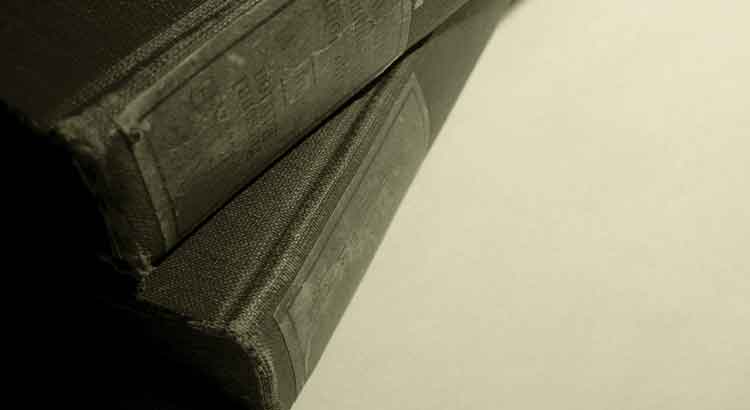Curious lines from this Aleister Crowley, in Eight Lectures on Yoga:
Suppose I want to evoke the “Intelligence” of Jupiter. I base my work upon the correspondences of Jupiter. I base my mathematics on the number 4 and its subservient numbers 16, 34, 136. I employ the square or rhombus. For my sacred animal I choose the eagle, or some other sacred to Jupiter. For my perfume, saffron—for my libation some preparation of opium or a generous yet sweet and powerful wine such as port. For my magical weapon I take the sceptre; in fact, I continue choosing instruments for every act in such a way that I am constantly reminded of my will to evoke Jupiter. I even constrain every object. I extract the Jupiterian elements from all the complex phenomena which surround me. If I look at my carpet, the blues and purples are the colours which stand out as Light against an obsolescent and indeterminate background. And thus I carry on my daily life, using every moment of time in constant selfadmonition to attend to Jupiter. The mind quickly responds to this training; it very soon automatically rejects as unreal anything which is not Jupiter. Everything else escapes notice. And when the time comes for the ceremony of invocation which I have been consistently preparing with all devotion and assiduity, I am quickly inflamed. I am attuned to Jupiter, I am pervaded by Jupiter, I am absorbed by Jupiter, I am caught up into the heaven of Jupiter and wield his thunderbolts. Hebe and Ganymedes bring me wine; the Queen of the Gods is throned at my side, and for my playmates are the fairest maidens of the earth.
The parallel with art is perfect. That is to say: both the magician and the artist possess identical mental stimulation mechanism. Following the steps described by Crowley, that is, progressively inciting oneself around the same objective, no doubt it is to be expected a kind of ecstasy, of psychic overflow in the act of materialization of this long sequence of efforts. Turning the lens back to the artist, or rather the poet, it is laughable to sit before the blank sheet of paper waiting for “inspiration”. Certainly, a poet who does this is unprofessional. Sitting down, in art, is what the ceremony is in magic: the serious artist must do it only after completing the necessary preparation and when he feels inflamed, exploding by the expression of a certain idea or feeling. Thus he reaches, after scientific meticulousness in the preparations, the propitious state of mind so that the brilliance and fairness in the expression may spring up in his mind.



